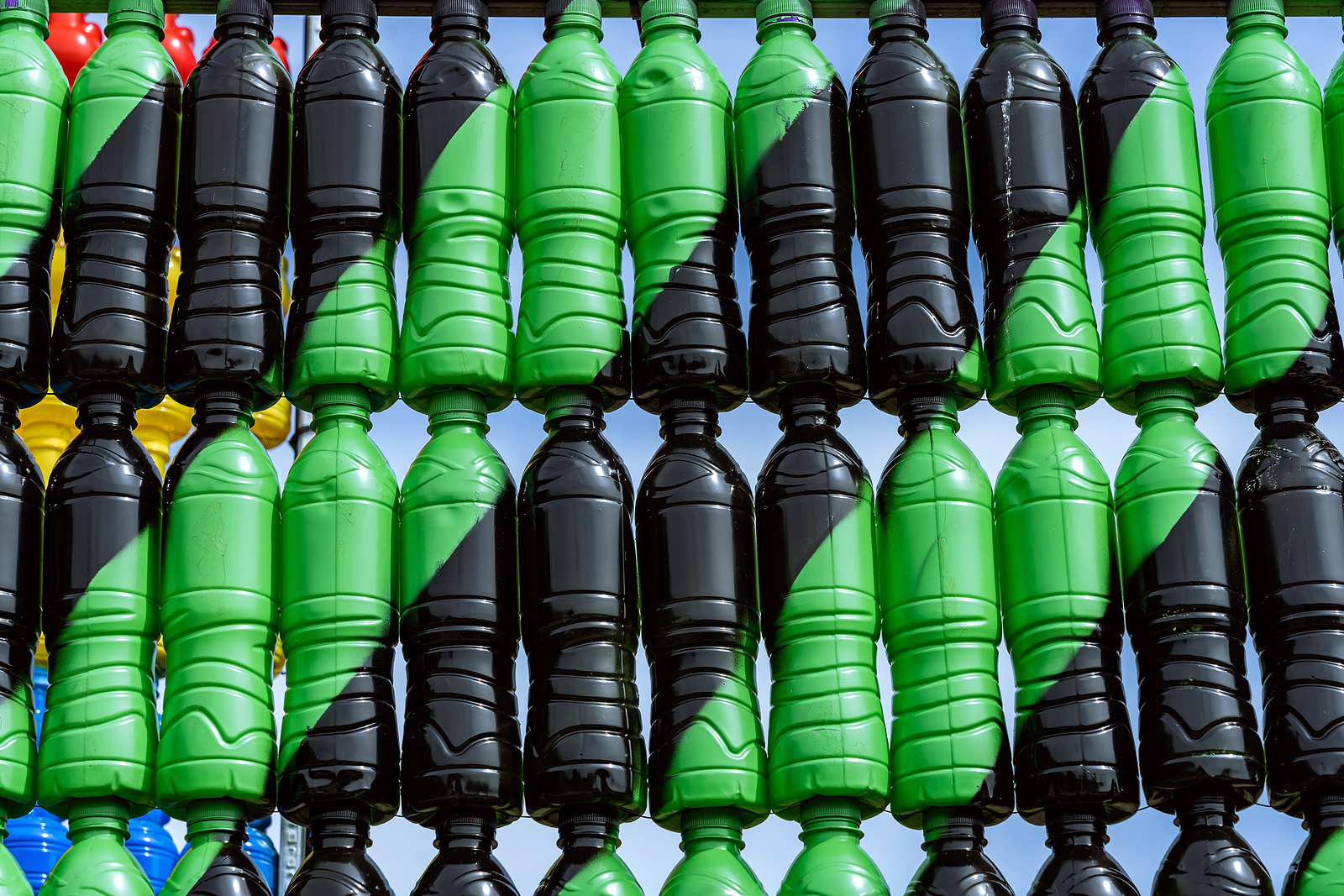A new study has found that plastics from e-waste that has been recycled abroad may contain harmful substances. There is a concern that everyday consumer goods sold in the UK, including children’s toys, could be contaminated with toxic chemicals from recycled e-waste plastic.
The scoping study, titled: “The use of recycled materials in consumer products and potential chemical safety concerns”, was commissioned by the Office for Product Safety and Standards (OPSS) and carried out by the Waste and Resources Action Programme (WRAP).
Of particular concern is the practice of exporting e-waste to countries with poorly regulated recycling industries. This is leading to the potential re-use of black plastics from e-waste that contains restricted chemicals. This contaminated plastic is then used to manufacture cheap goods that are imported back into the UK and other countries.
These products may include children’s toys and nursery equipment, cosmetics, accessories, furniture and toys. The report raised particular concerns about plastics from waste electrical and electronic equipment (WEEE), which can contain flame retardants including antimony and lead, which are hazardous to human health in high concentrations.
The report stated: “Observations of the recycling process suggest that sorting is often inadequate for identifying and excluding these restricted plastics, something which is of particular concern in emerging economies where the informal recycling sector is particularly prominent, including countries such as China and India.”
The report said: “As a result, the variation in contaminant presence is documented as spanning orders of magnitude. Black plastic products appear to be of particular risk for this contamination, and much research has been identified relating to black plastics in toys, but the problem appears to persist across groups including electronics, clothing accessories and household items.”
The report acknowledged that evidence gaps still exist and it was not possible to state definitively to what extent contaminated plastic products are being distributed and sold to consumers.
The report states: “Therefore, whilst we can state with some confidence that there exists an undesirable circular economy of waste electronic plastics into new consumer goods including toys, we cannot state with confidence that there are not other chemical safety concerns associated with recycled content, only that the evidence at present is lacking.”
In the wider context of the UK government’s plan to achieve recycling targets and to introduce a tax on plastic packaging that contains less than 30% recycled content, it is important to assess any risks this presents through toxic chemical additives in plastic products.
Among the priority group of chemicals (that also align with the European Union’s Safety Gate reporting system) are bisphenols, flame retardants, formaldehydes, parabens, perfluorinated chemicals, phthalates, and heavy metals.
The report found that in some countries, e-waste was not being properly screened and sorted for hazardous chemicals, and that dangerous chemicals were being added during the recycling process for manufacturing purposes. The majority of these countries were outside the UK and EU.
If you are looking for steep angle conveyor accessories, please get in touch with us today.





